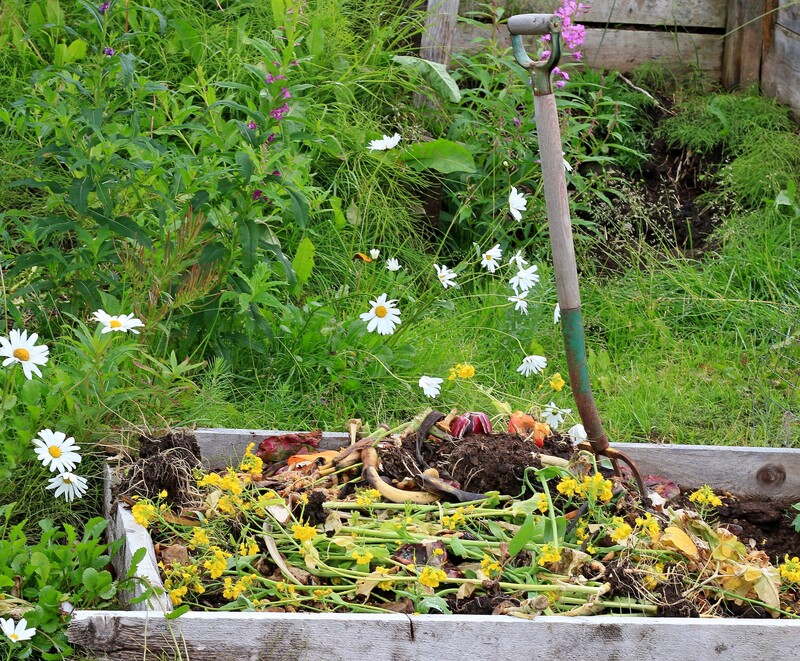School Recycling Challenges and How to Overcome Them
Recycling in schools is a vital step towards creating a sustainable future and teaching students about environmental responsibility. However, initiating and maintaining effective school recycling programs can present many challenges. In this comprehensive article, we will explore the most prevalent school recycling challenges and provide practical strategies to overcome them, helping your educational institution succeed in its sustainability goals.

Why is Recycling in Schools Important?
Implementing school recycling initiatives does not only benefit the environment but also encourages a culture of eco-consciousness amongst young people. The younger generation learns the vital roles of waste management and resource conservation, promoting behaviors that can last a lifetime. Other advantages include:
- Reduction of waste sent to landfill sites
- Conservation of natural resources
- Cost savings through effective waste management
- Enhanced environmental education and awareness among students
- Improved community reputation and engagement
Common School Recycling Challenges
Despite the clear benefits, schools encounter several obstacles in establishing and sustaining recycling programs. Understanding these recycling challenges in schools is the first step in addressing them.
1. Lack of Awareness and Education
Many students, staff, and even parents are unaware of the importance of recycling or the correct way to recycle. This can lead to improper disposal, contamination of recyclables, or apathy towards recycling efforts.
2. Insufficient Resources and Funding
Schools often operate on tight budgets. Allocating funds for recycling bins, collection services, and awareness campaigns can be challenging. Limited resources may lead to underfunded or poorly implemented recycling programs.
3. Inadequate Infrastructure
A common recycling-related challenge in schools is the lack of appropriate infrastructure. This includes having too few recycling bins, poor bin placement, and lack of signage, all contributing to low participation rates.
4. Low Participation and Motivation
It is often difficult to inspire students and staff to participate actively. Without ongoing motivation or engagement strategies, initial interest fades, leading to failing programs.
5. Contamination of Recyclables
Mixing non-recyclable materials with recyclable waste is a frequent issue. This results in higher processing costs and may cause entire batches of recyclables to be sent to landfills instead.
6. Logistical and Collection Issues
Coordinating waste collection with local recycling facilities can be complicated. Rural schools may face fewer collection services, while urban schools may struggle with storage and frequent pick-ups.
7. Lack of Administrative Support
Sometimes, school leadership does not prioritize recycling, either due to lack of interest or competing priorities. Administrative backing is crucial for program success.
How to Overcome School Recycling Challenges
Overcoming these hurdles and achieving a successful recycling program in schools requires a combination of strategic planning, creative solutions, and persistent effort. Here's how to tackle each major challenge:
1. Boosting Awareness and Education
-
Curriculum Integration:
Incorporate recycling education into science, social studies, or even art classes. Experiential learning - such as field trips to recycling centers - makes lessons more memorable. -
Visible Signage and Instructions:
Place clear, colorful signs on bins showing what is and is not recyclable. Use visuals for younger students or those with language barriers. -
Peer Education:
Train "Green Teams" of students who can champion recycling and educate their classmates through workshops, assemblies, and campaigns.
2. Securing Resources and Funding
- Apply for Grants:
Many governments, non-profits, and corporations offer grants for school recycling programs. Research local opportunities or contact environmental agencies. -
Community Partnerships:
Partner with local businesses, recycling companies, or municipal governments for support, resources, or sponsorship. -
Student Fundraisers:
Organize bake sales, fun runs, or recycling drives to cover program costs and boost student ownership.
3. Enhancing Infrastructure and Accessibility
-
Audit Current Facilities:
Evaluate where the majority of waste is generated (classrooms, cafeterias, playgrounds, etc.) and ensure bins are accessible at those locations. -
Proper Bin Placement:
Place recycling bins next to every trash bin and in high-traffic areas, like hallways and entrances. This reduces the temptation to choose convenience over environmental responsibility. -
Interactive Bins:
Use creative or interactive bins--such as those that play a sound when used correctly--to attract attention and reinforce correct behavior.
4. Motivating Participation
-
Competitions and Rewards:
Hold inter-class or inter-grade recycling competitions with incentives such as pizza parties or extra recess time. -
Public Recognition:
Celebrate milestones and outstanding participants at assemblies, on bulletin boards, or on the school's website. -
Parental Involvement:
Send newsletters home or host family recycling nights to get parents engaged, reinforcing positive habits beyond the school.
5. Reducing Contamination of Recyclables
-
Simple, Clear Instructions:
Provide straightforward, visual guides about what can and cannot be recycled. -
Staff Training:
Train janitors and staff to recognize contamination and educate students when mistakes occur. -
Regular Audits:
Have students or staff periodically check bins for contamination and provide gentle reminders or corrective feedback.
6. Improving Logistics and Collection
-
Collaborate with Local Authorities:
Work with city recycling departments or private haulers to ensure timely pick-ups, proper disposal, and feedback on recycling quality. -
On-Site Collection Drop-offs:
For schools in remote areas, set up central collection points where parents or community members can bring recyclables from the school to local centers. -
Composting:
Consider starting a composting program for biodegradable waste, further reducing landfill contributions.
7. Gaining Administrative Support
-
Present the Benefits:
Share data on cost savings, environmental impact, and community goodwill with decision-makers. -
Involve Administrators Early:
Invite principals, superintendents, or school board members to kick-off meetings, recycling events, or tours of recycling facilities. -
Align with Educational Goals:
Connect recycling efforts to STEM learning objectives or civic responsibility standards in the curriculum.
Innovative Solutions and Case Studies
Case Study: The Green Eagles Program
At Lincoln Middle School, the "Green Eagles" led a student-led recycling initiative. By educating peers and implementing a point-based competition, recycling rates doubled within a year. Their success story highlights how *youth-driven* efforts can transform a school's sustainability culture.
Technological Integration
Some schools are turning to technology to solve recycling challenges. Using apps for waste tracking or digital reminder systems ensures sustained engagement and makes data collection simple.
Community Recycling Fairs
Hosting events--such as family recycling nights or community e-waste collections--builds enthusiasm and connects school recycling with broader community efforts.

Long-Term Strategies for Sustainable School Recycling
To make school recycling programs sustainable, it is crucial to:
- Regularly review and adapt the program based on feedback and changing school needs
- Keep recycling education ongoing for new students and staff
- Measure results, celebrate progress, and set new goals
- Integrate recycling with wider environmental initiatives such as energy conservation and sustainable transportation
Conclusion: Turning Challenges into Opportunities
Every challenge described above can be converted into an opportunity for learning, collaboration, and growth. By understanding and addressing the unique recycling challenges in schools, educators, students, and communities can create resilient and lasting recycling programs. The path to sustainability may not always be simple, but with creativity, commitment, and community support, schools can lead the way for a greener tomorrow.
Are you ready to tackle school recycling challenges at your institution? Start today, empower your students, and make a positive impact for generations to come!